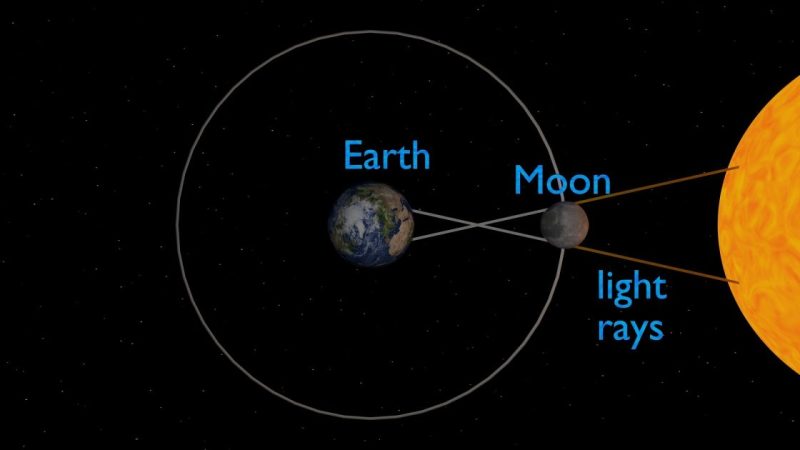Scientists plan to examine how animals react during the total solar eclipse in April

It’s still a mystery how animals behave during a total solar eclipse. With the next event set for April 8th, scientists are preparing to observe and study it in an attempt to demystify.
In a recent study led by Adam Hartstone-Rose from North Carolina State University, researchers observed interesting behaviors among animals during the 2017 total solar eclipse.
“To our astonishment, most of the animals did surprising things,” Hartstone-Rose said.
The scientists found that, from Galapagos tortoises showing unusual breeding behaviors to Siamangs singing uncommon melodies, the eclipse seemed to disrupt the usual routines of various species.
One interesting aspect of the scientists’ plan is to observe how animals react to the sudden darkness during an eclipse.
Many of us have noticed interesting behaviors, such as honeybees foraging less and bald eagles and feral horses adjusting their movements as if it were twilight. This suggests a possible connection between the eclipse and how animals respond to rapid changes, like approaching storms, which might prompt them to seek shelter or adjust their activities.
Hartstone-Rose’s team is waiting for the upcoming eclipse as a fresh opportunity to explore these phenomena further. They say they have planned to conduct additional observations in Texas, aiming to determine whether the behaviors observed previously apply to different regions and species. This can reveal larger patterns in animal responses to eclipses.
The researchers say it’s also crucial to consider the role humans play. Raffaela Lesch, a researcher at the University of Arkansas, notes that indoor pets may react to both the eclipse and their owners’ responses. According to her, dogs and cats, tuned into human behavior, might mirror their owners’ reactions during the event.
Scientists and citizen scientists are going to collaborate to gather comprehensive eclipse data. Zoos in Little Rock, Toledo, and Indianapolis are inviting visitors to track animal behaviors, enhancing observations and public engagement in science.
The study is published in the journal Animals.
Auto Amazon Links: No products found.


